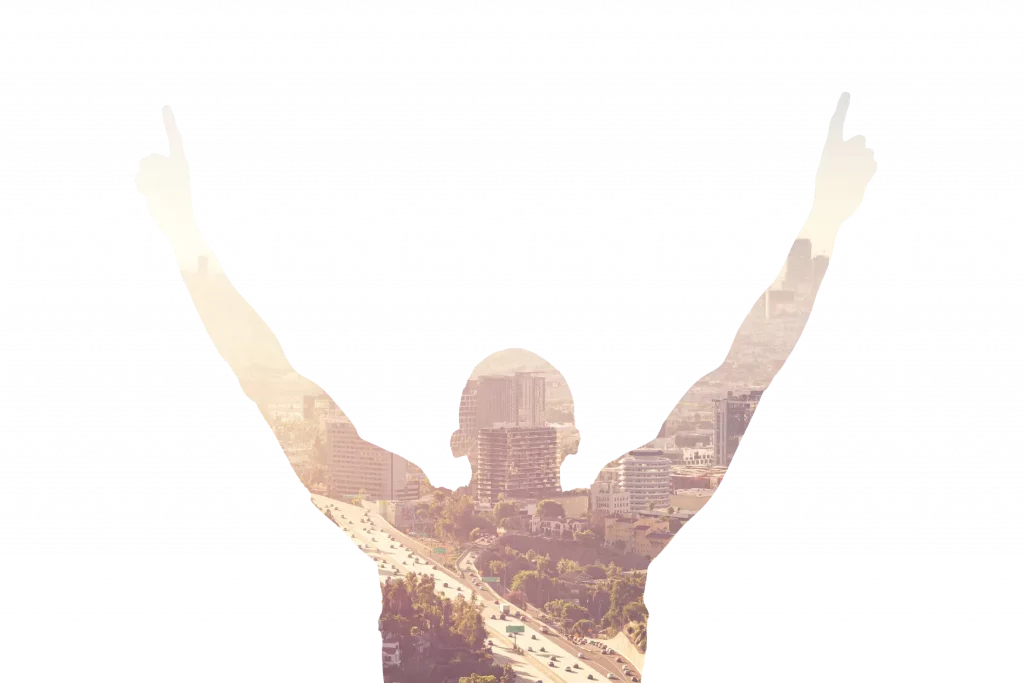AT WHITE HOUSE RECOVERY & DETOX
Anxiety is a widespread mental health disorder often brought on by trauma, stress, significant life changes, and other circumstances. The Centers for Disease Control and Prevention (CDC) reported that in 2019 approximately 10.8% of all adults in America over the age of 18 experienced some form of anxiety or depression. Of those, 8.1% showed noticeable symptoms of anxiety.
Anxiety is often a side effect of substance use disorder (SUD) and using various prescription or illegal drugs. A 2013 research paper from the Medical University of South Carolina states that “converging evidence from epidemiologic and treatment studies indicate that anxiety disorders and substance use disorders commonly co-occur, and the interaction is multifaceted and variable.”
Anxiety can manifest in many ways, and untangling the cause and effect of anxiety disorders and SUD can be challenging. For that reason, White House Recovery offers anxiety treatment in Los Angeles for those struggling with addiction and mental health disorders.
Anxiety is an uncomfortable feeling that often takes the form of dread, fear, or uneasiness. Sometimes these feelings are directed towards a specific source. At other times, a general sense of doom clouds thinking and leads to behavioral changes often caused by a desire to cope with the anxiety. For example, if anxiety worsens when someone is out in public, they may stop attending social events they previously enjoyed.
Several mental health disorders have anxiety as a significant component, including those listed below:
Most people know what an anxiety attack looks like because they are relatively common, and every form of media has depicted stereotypical panic and anxiety attacks. However, sometimes the signs and symptoms of anxiety can be more subtle. The type of anxiety disorder a person has will determine how these symptoms manifest. Below are some examples of physical and behavioral changes that might occur when someone is experiencing everyday anxiety or has one of the following anxiety disorders:
Anxiety disorders can be treated in a variety of ways depending on the individual’s needs. There are several types of anxiety treatments, including medication, psychotherapy, and sometimes a combination of the two.
One of the most common treatments for anxiety is cognitive-behavioral therapy (CBT). When co-occurring with substance use disorder or other conditions, other psychotherapies can treat both simultaneously, including mindfulness and meditation-based therapies. Medications usually treat specific symptoms like panic attacks. They may include:
Other forms of treatment include residential and intensive outpatient treatment (IOP).
DON’T WAIT TO MAKE THE MOST IMPORTANT CALL OF YOUR LIFE
Almost everyone has experienced some form of anxiety in their lifetime. If you notice that anxiety has affected your day-to-day life, treatment might be necessary. A variety of anxiety disorders require mental health intervention from a professional therapist or counselor. Your recovery can benefit from treating any symptoms you may have noticed. Generalized anxiety disorder is very common among individuals who have been diagnosed with a substance use disorder. At White House Recovery and Detox, we believe that everyone deserves to live a happy and healthy life. Our rehabilitation programs can help with overcoming anxieties related to recovery.


Copyright 2022. White House Recovery and Detox LLC. All rights reserved. | HIPAA Privacy Policy

Holistic Treatment